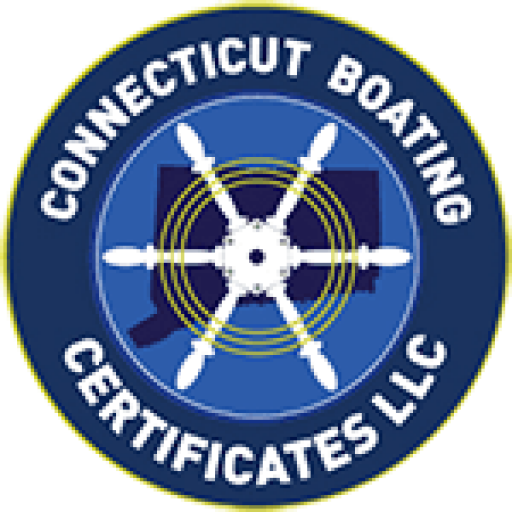Call: 1-800-832-7191
USCG A Federal Requirements Guide
USCG a Federal Requirements Guide: Know What’s Required Before You Launch Boaters must understand the USCG Federal Requirements Guide to operate legally and safely on U.S. waters. Because federal laws apply to all recreational and commercial vessels, this guide outlines essential equipment, documentation, and safety standards. The U.S. Coast Guard publishes updates regularly to reflect changes in regulations and enforcement. Required Safety …
